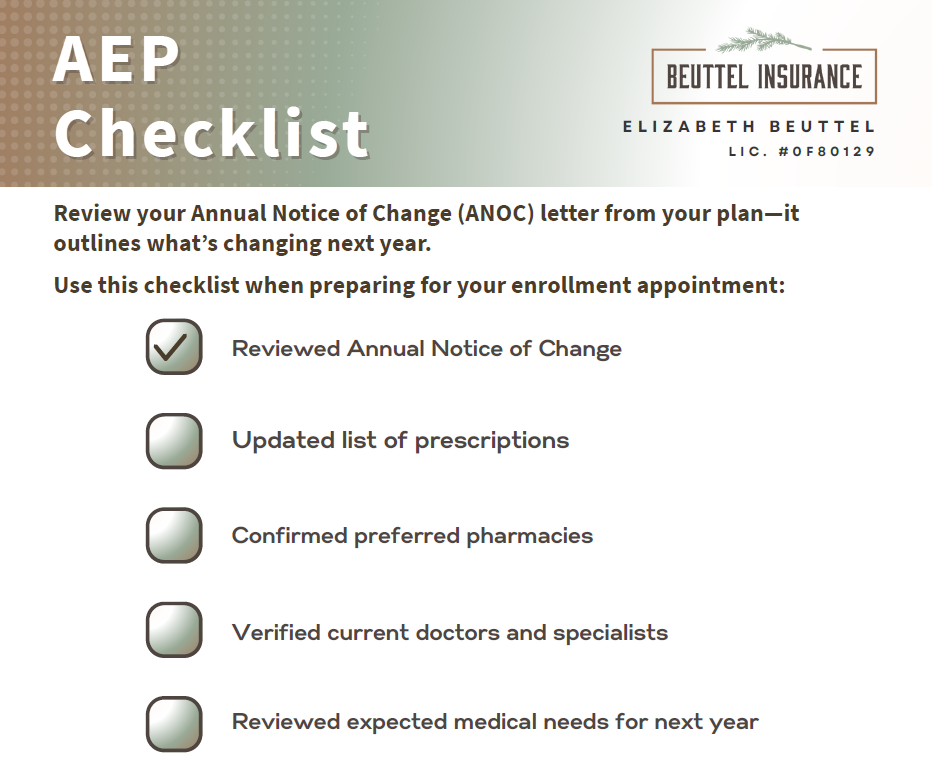Stay Sun-Safe This Summer: What Medicare Covers & How to Protect Yourself


If you’re a local in the Sierra Foothills, I’m sure you’re well aware of the many hiking trails, lakeside strolls, and opportunities to enjoy the outdoors in our beautiful region. With all this sunshine and outdoor adventure comes the need for a little extra awareness and preparedness—especially when it comes to protecting your skin and eyes.
That’s why July, recognized as UV Safety Awareness Month , is a great time to understand how Medicare supports your health when it comes to sun exposure—and how you can stay protected while enjoying the outdoors.
Quick Snapshot
In this article:
- What Medicare does and doesn’t cover when it comes to skin checks and eye care
- The difference between preventive and diagnostic services
- Smart sun safety habits for active adults
- When to talk to your doctor or review your Medicare Advantage plan
What Medicare Covers
Eye Exams
Medicare Part B covers annual glaucoma screenings for those considered at high risk—including people with diabetes, high blood pressure, or a family history of glaucoma. These screenings can help detect early damage that may result from UV exposure.
Skin Exams and Cancer Detection
Routine full-body skin exams are not covered under Original Medicare as preventive care. However, if you or your provider has concerns about a mole, spot, or skin change:
- A doctor visit is covered
- Diagnostic tests like biopsies are covered when medically necessary
Treatment for precancerous skin lesions , such as actinic keratosis (commonly caused by sun damage), is also covered without restrictions.
Medicare Advantage (Part C)
Some Medicare Advantage plans offer additional dermatology and vision benefits
, which may include routine skin checks or preventive eye care. Review your plan details or speak with an agent to see what’s available to you.
UV Protection: Smart Habits for Outdoor Living

While Medicare can step in when there’s a medical need, prevention is your first line of defense. Whether you’re on the trails at Hidden Falls, walking around Folsom Lake, or gardening in your own backyard, here are a few sun-smart habits to keep in mind:
1. Apply broad-spectrum sunscreen with SPF 30 or higher
2. Reapply sunscreen every two hours, especially after sweating or swimming
3. Wear lightweight, long-sleeved clothing and wide-brimmed hats
4. Use sunglasses with UV-blocking lenses to help protect your eyes from cataracts and macular degeneration
What You Can Do to Be Proactive
If you notice a mole that’s changed or have a history of skin cancer, talk with your provider. If there’s a medical concern, Medicare can help cover evaluation and treatment.
Also, if you’re enrolled in a Medicare Advantage plan, check to see if it includes additional preventive services, like dermatology or vision care. Contact our office if you would like assistance in reviewing your plan’s coverage details.
Bottom Line …
Sun protection isn’t just a seasonal concern—it’s a long-term wellness habit. By staying informed about your Medicare benefits and taking simple preventive steps, you can continue enjoying all that the Sierra Foothills have to offer, safely and confidently.
Need help reviewing your coverage or comparing Medicare Advantage options? We’re just a call away. We look forward to supporting you and making sure you’re taking full advantage of the preventive care services available through your Medicare coverage.

The post Stay Sun-Safe This Summer: What Medicare Covers & How to Protect Yourself appeared first on Beuttel Insurance.









